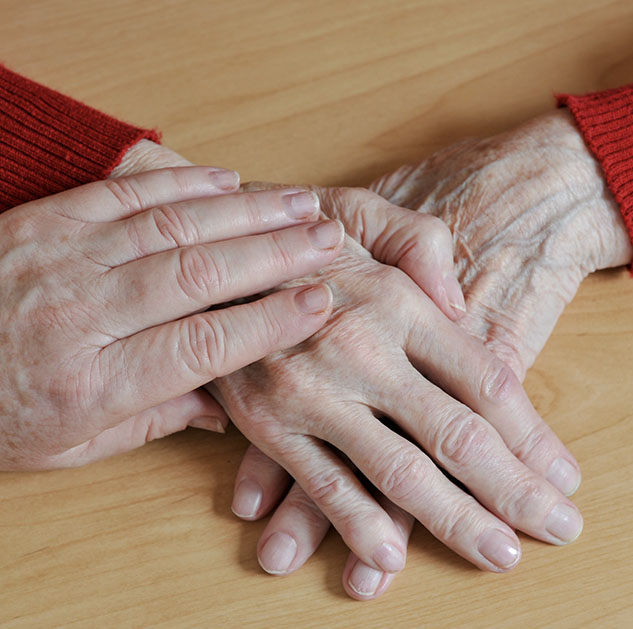The World Health Organisation (WHO) defines Palliative Care as:
“An approach that improves the quality of life of patients and their families facing the problems associated with life-threatening illness. This through the prevention and relief of suffering by means of early identification and impeccable assessment and treatment of pain and other problems – physical, psychological and spiritual.”
Palliative Care:
- provides relief from pain and other distressing symptoms;
- affirms life and regards dying as a normal process;
- intends neither to hasten nor postpone death;
- integrates the psychological and spiritual aspects of patient care;
- offers a support system to help patients live as actively as possible until death;
- offers a support system to help the family cope during the patient’s illness, and in their own bereavement;
- uses a team approach to address the needs of patients and their families, including bereavement counselling if needed;
- will enhance quality of life and may also positively influence the course of illness.
- is applicable early in the course of illness, together with other therapies are intended to prolong life, eg. chemotherapy or radiation therapy.





